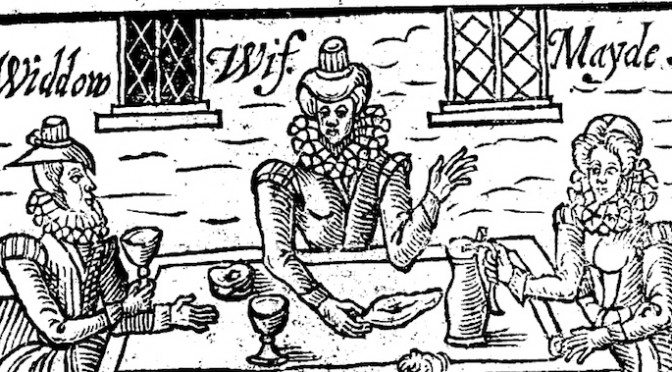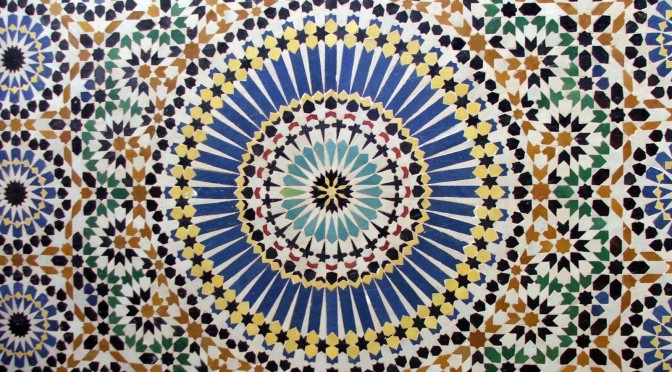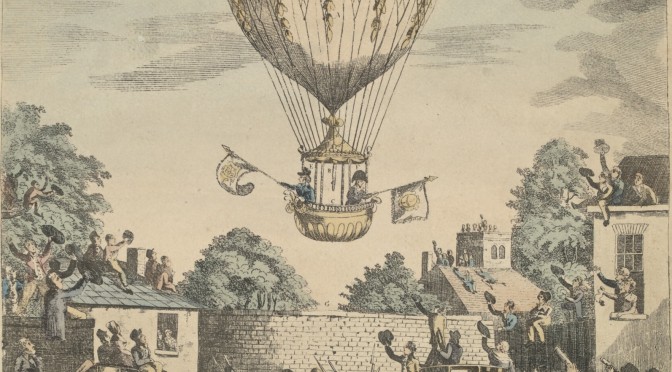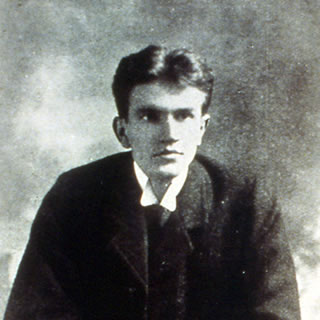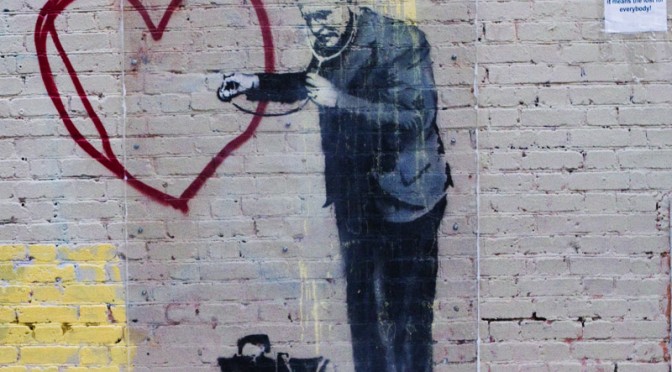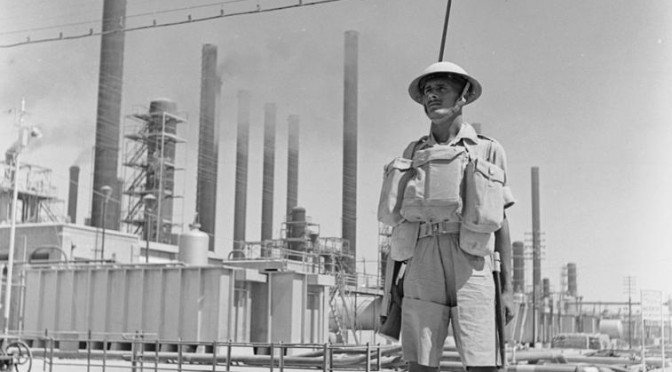by Lucy Munro, Reader in Early Modern English Literature at the Department of English, and Emma Whipday, Leverhulme Early Career Fellow at UCL
In 1624, a play entitled The Late Murder in Whitechapel, or Keep the Widow Waking was staged at the Red Bull playhouse in Clerkenwell. Written by Thomas Dekker, John Ford, William Rowley and John Webster, it was based on accounts of two recent crimes. The first was the murder of a Whitechapel woman, Joan Tindall, by her son, Nathaniel, which became the subject of at least two ballads, one of which survives. The second was the forced marriage of a 62-year-old widow, Anne Elsdon, to a much younger man, Tobias Audley.
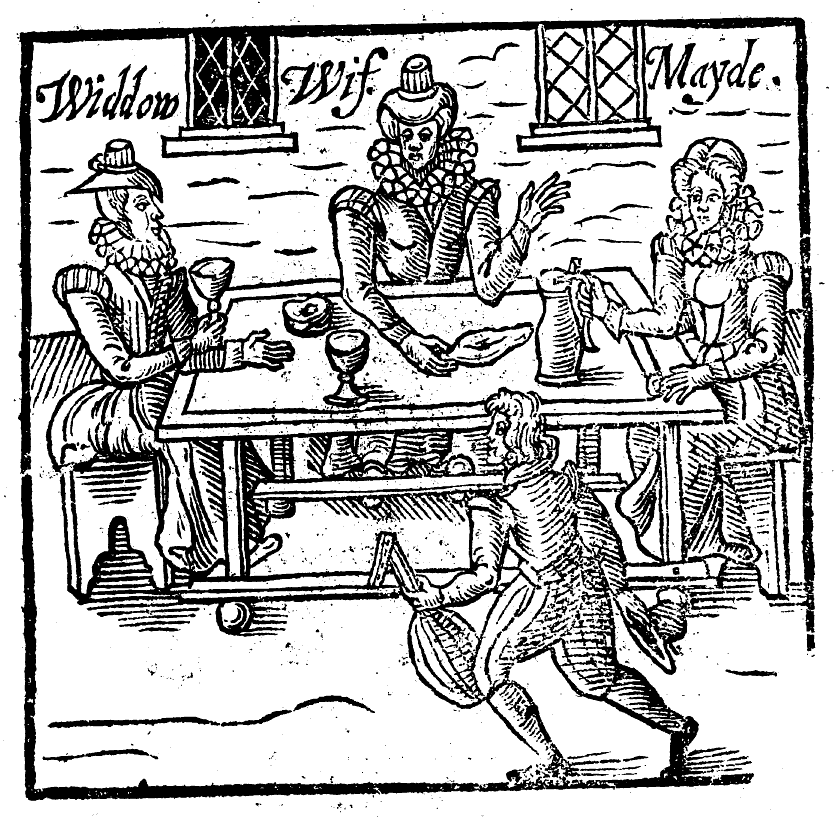
Tobias lured Anne to a tavern, where he plied her with alcohol and tried to persuade her to promise to marry him – a promise that could be legally binding if it was said before witnesses. After several days he eventually seems to have got some kind of agreement from her, and a priest hired for the purpose married them. However, the ‘marriage’ became the subject of a series of cases in the secular and religious courts.

